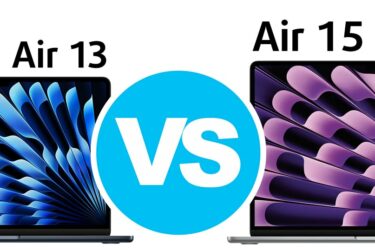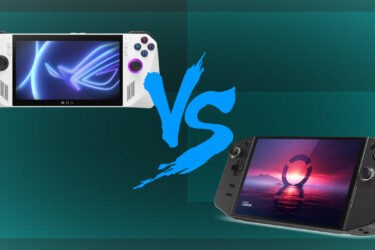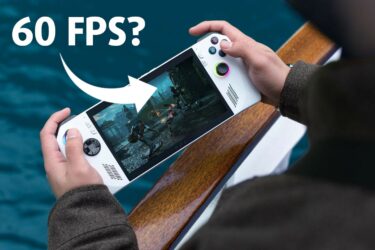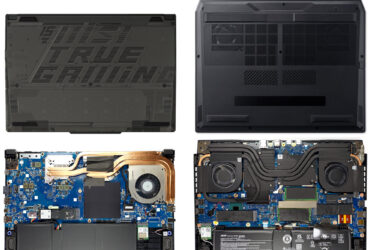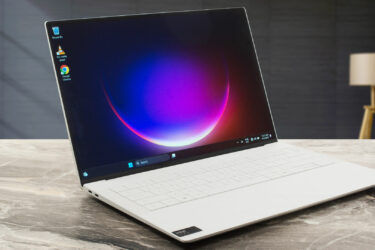What are the system requirements for a smooth and immersive VR experience?
It’s not exactly a secret that VR-enabled PCs will boast really powerful hardware in order to power up the latest games and provide smooth VR experience but how powerful exactly? Well, according to Jason Paul – general manager of Shield, gaming and VR business at NVIDIA thinks that you need at least 7x faster PC than the mainstream machines. This leaves only 13 million PCs on the market that are able to power up Oculus Rift or HTC’s Vive VR.
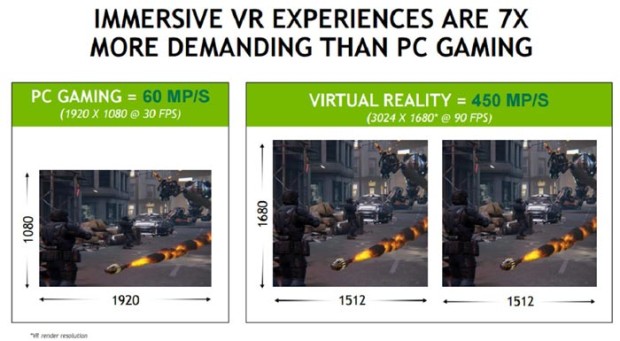
Most machines out there are good for 1080p gaming at at least 30 fps but this just won’t cut it for the next generation gaming experience. According to NVIDIA, you PC should be able to push 2K or 3K displays at minimum of 90 fps – that’s around seven times more computing power. However, NVIDIA has a partial solution for this. Thanks to their GameWorks VR software for games and DesignWorks VR for professionals, the company promises around 50% performance boost increasing the number of VR-enabled PCs up to 25 million. That’s, of course, if the developers make use of the GameWorks VR software.
Probably the GeForce GTX 980 and its derivatives will offer the much-needed performance as well as AMD’s latest R9 390 series.
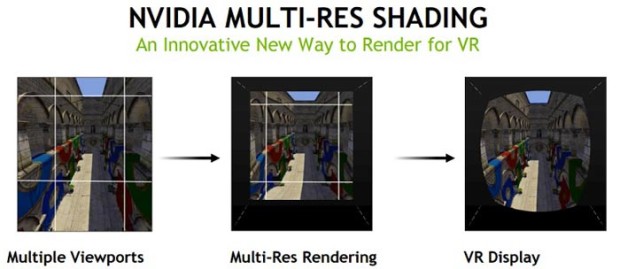
Anyway, if you want to stick to your PS4 console, we have some good news since the required computing power for a console game is way less. And the target market is around 30 million which is much more than the PC market.


